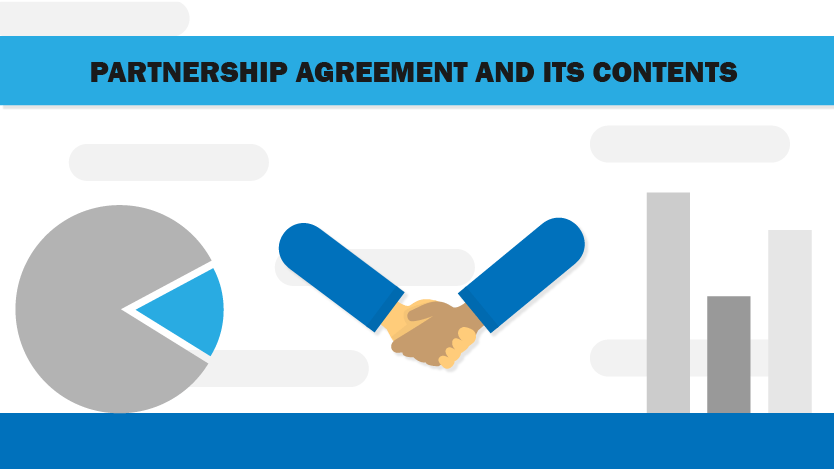Nigeria’s Business Permits and Licenses: Key Requirements

Starting and operating a business in Nigeria requires compliance with various legal and regulatory requirements. Obtaining the necessary permits and licenses is crucial to ensure your business operates legally and avoids potential penalties or disruptions. Here are some of the permits and licenses typically required to operate a business in Nigeria:
- Business Name Registration: Before commencing operations, you must register your business name with the Corporate Affairs Commission (CAC) in Nigeria. This applies to sole proprietorships and partnerships. The registration process involves conducting a name search to ensure the proposed name is available and then submitting the necessary documents to the CAC.
- Incorporation: If you plan to establish a company rather than a sole proprietorship or partnership, you must incorporate your business with the CAC. This involves preparing and submitting the required documents, such as the Memorandum and Articles of Association, to the CAC.
- Tax Identification Number (TIN): Obtaining a Tax Identification Number (TIN) from the Federal Inland Revenue Service (FIRS) is mandatory for every business in Nigeria. This unique identification number is used for tax purposes and must be included in all business transactions.
- Value Added Tax (VAT) Registration: If your business engages in activities subject to Value Added Tax (VAT), you will need to register for VAT with the FIRS. VAT is currently set at 7.5% in Nigeria, and businesses meeting the specified turnover threshold must charge, collect, and remit VAT to the government.
- Business Permits and Approvals: Certain business activities in Nigeria require specific permits or approvals from relevant government agencies. The requirements vary depending on the sector or industry. For example, businesses in the healthcare sector may need permits from the National Agency for Food and Drug Administration and Control (NAFDAC), while educational institutions may require approval from the Ministry of Education.
- Environmental Permits: If your business operations involve activities impacting the environment, you may need environmental permits or clearances. These permits are obtained from the Federal Ministry of Environment or State Environmental Protection Agencies (SEPA), depending on the scope of your business activities.
- Health and Safety Certifications: Obtaining health and safety certifications may be necessary to ensure your employees’ and customers’ safety and well-being. This involves adhering to specific regulations and standards set by relevant agencies, such as the Federal Ministry of Health and State Health Boards.
- Sector-Specific Licenses: Certain industries or professions require specialized licenses or certifications. For instance, banks and financial institutions must obtain licenses from the Central Bank of Nigeria (CBN), while telecommunication companies need licenses from the Nigerian Communications Commission (NCC).
- Trade and Business Association Memberships: Joining trade associations or business groups related to your industry may be beneficial. While not mandatory, these memberships can provide networking opportunities, industry insights, and access to resources and advocacy.
- Import and Export Licenses: If your business involves importing or exporting goods, you will need to obtain the appropriate import and export licenses. These licenses are obtained from the Nigeria Customs Service (NCS) and are essential for facilitating international trade and complying with customs regulations.
- Intellectual Property Registration: To protect your business’s intellectual property rights, such as trademarks, patents, and copyrights, it is advisable to register them with the Nigerian Copyright Commission (NCC) or the Trademarks, Patents, and Designs Registry. This registration ensures legal protection against infringement and unauthorized use.
- Fire Safety Certificates: To ensure the safety of your premises and comply with fire safety regulations, you may need to obtain a fire safety certificate from the state fire service or fire prevention agencies. This certification confirms that your business premises meet the required fire safety standards.
- Signage Permits: If you plan to install signage or advertising materials for your business, you may need to obtain signage permits from local authorities. These permits ensure compliance with advertising regulations, aesthetics, and public safety.
- Transportation Permits: For businesses operating in transportation sectors such as logistics, haulage, or passenger transportation, you may need transportation permits or licenses. These permits are obtained from relevant regulatory bodies like the Federal Road Safety Corps (FRSC) or the Nigerian Maritime Administration and Safety Agency (NIMASA).
- Local Government Permits: In addition to national-level permits, certain businesses may require permits or licenses from local government authorities. These permits may include operational licenses, health permits, waste disposal permits, or land use permits. It is important to consult with the appropriate local government authorities to determine the specific requirements for your business.
Also Read: HOW TO OBTAIN A BUSINESS PERMIT IN NIGERIA
It is important to note that the requirements for permits and licenses may vary depending on the state or local government where your business is located. Therefore, it is advisable to consult with legal and business professionals or visit government agencies’ websites for accurate and up-to-date information specific to your business and location.
Complying with the necessary permits and licenses is crucial for the smooth operation of your business in Nigeria. By ensuring regulatory compliance from the outset, you can establish a solid foundation for growth and avoid future legal and operational challenges.
Also Read: How to register my business in Nigeria
Discover more from The Lenco Blog
Subscribe to get the latest posts sent to your email.



